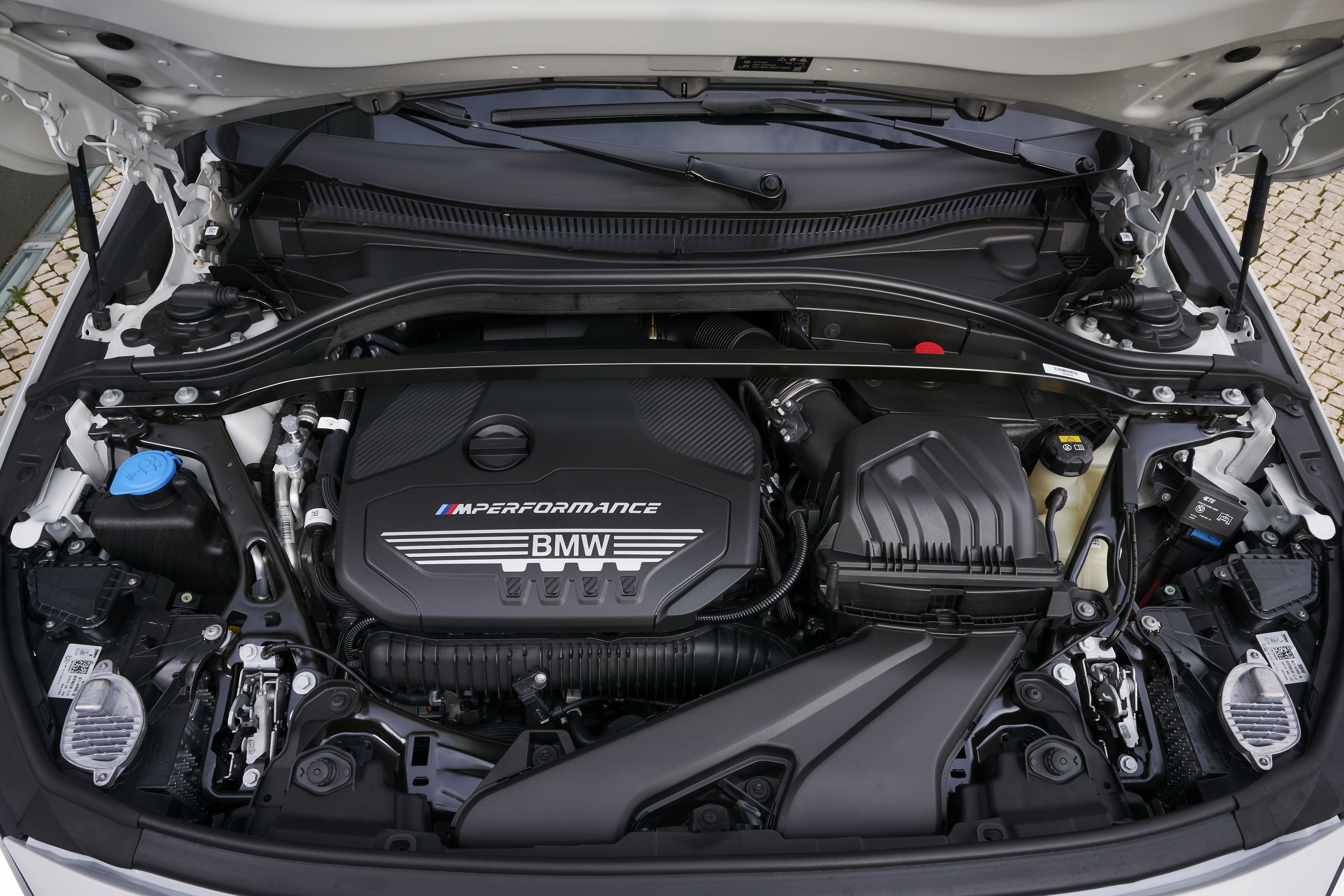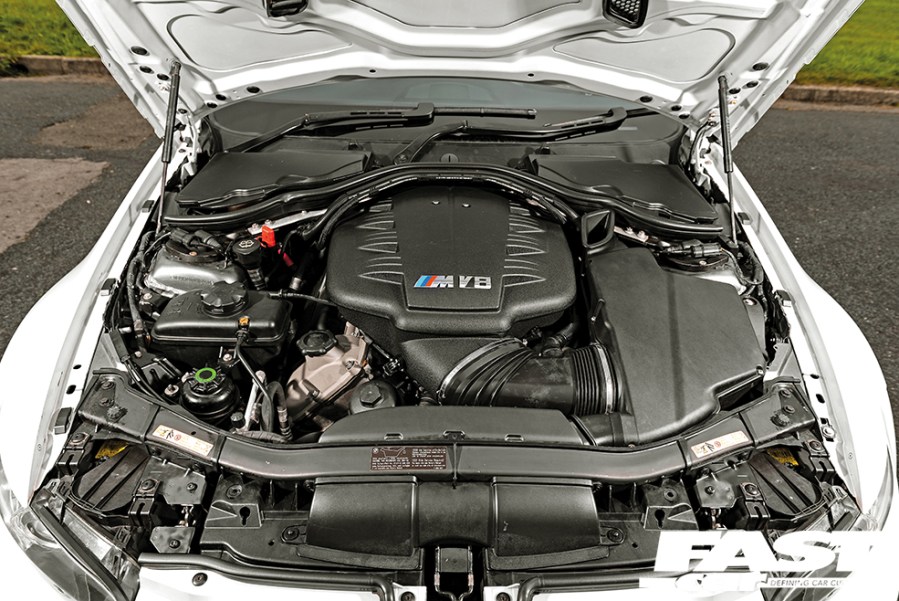Unveiling the Intricacies of Next-Generation Power Units: a Deep Study Advanced Engine Technologies and layouts
In the world of vehicle engineering, the ruthless search of sustainability, performance, and efficiency has propelled the evolution of power systems to extraordinary heights. As we base on the precipice of a new period in transport, the ins and outs of next-generation engine styles bid us to explore the cutting-edge technologies and advancements that promise to redefine the driving experience. From advanced products that press the limits of toughness and weight decrease to sophisticated turbocharging and supercharging systems that elevate power output to brand-new levels, each part of these power systems holds a crucial to opening the future of auto design. Diving deeper into the worlds of exhaust control, smart engine monitoring systems, and the perspective of power device growth, we discover ourselves on the cusp of a transformation that promises to reshape the landscape of flexibility as we understand it.
Advancement of Engine Products

The shift towards progressed engine materials has also allowed engineers to develop engines with greater power outcomes while keeping fuel efficiency standards. The usage of lightweight materials decreases the total weight of the engine, leading to enhanced fuel economic situation and lower emissions. Additionally, developments in materials innovation have actually permitted much better thermal administration within engines, leading to enhanced reliability and longevity.
Turbocharging and Supercharging Technologies
Just How do Turbocharging and Supercharging Technologies change engine performance and performance in modern cars? Turbo charging and turbocharging are technologies that substantially boost engine performance by raising the quantity of air intake right into the combustion chamber. Turbocharging accomplishes this by utilizing a wind turbine driven by exhaust gases to pressurize the consumption air, while turbo charging uses a belt- or chain-driven compressor to achieve the same effect.
These innovations make it possible for smaller, a lot more fuel-efficient engines to generate power equivalent to larger ones, understood as downsizing. By compeling more air into the cylinders, supercharging and turbocharging enhance burning effectiveness, leading to raised horsepower and torque outcome without a considerable rise in engine size. This results in far better acceleration, lugging capability, and overall driving performance.
In addition, turbocharging and turbo charging add to improved fuel effectiveness by allowing the usage of smaller engines that consume less gas under regular driving conditions - bmw engine. This combination of boosted performance and efficiency has actually made turbocharging and supercharging integral elements of lots of contemporary engine styles
Discharge Control and Environmental Impact
With enhancing worldwide concerns concerning air high quality and environmental sustainability, the execution of discharge control modern technologies in cars plays a crucial duty in minimizing dangerous contaminants released into the atmosphere. Modern cars are geared up he said with innovative emission control systems that assist minimize the environmental impact of automotive operations. Catalytic converters, as an example, are developed to convert poisonous gases such as carbon monoxide gas, nitrogen oxides, and hydrocarbons into less damaging compounds like carbon dioxide and water vapor.
In addition, developments in engine technology, such as the combination of exhaust gas recirculation systems and careful catalytic reduction, have considerably added to decreasing exhausts. These technologies work in tandem to maximize combustion efficiency and minimize the release of harmful pollutants into the air. Furthermore, the development of crossbreed and electrical lorries stands for an essential action in the direction of minimizing the general environmental footprint of the transport industry.
Intelligent Engine Monitoring Solution

In addition, these systems make it possible for automobiles to satisfy strict exhausts requirements without compromising performance, offering an extra eco-friendly driving experience. The combination of expert system and artificial intelligence capacities in engine administration systems remains to press the boundaries of what is feasible, causing additional improvements in performance, reliability, and total lorry efficiency. bmw engine. As auto innovation breakthroughs, smart engine administration systems will certainly play an essential function in forming the future of transport towards an extra sustainable and reliable direction
Future Trends in Power Device Development
As smart engine monitoring systems pave the means for boosted control and optimization in modern automobiles, future fads in power device growth are positioned to redefine the landscape of automobile propulsion modern technologies. These different power resources provide improved efficiency and performance while lining up with strict ecological regulations.
An additional considerable pattern is the integration of advanced products and producing methods. Lightweight products such as carbon fiber and light weight aluminum are being made use of to minimize general car weight, improving gas effectiveness and performance. Furthermore, advancements in 3D printing and additive manufacturing are allowing the manufacturing of complex engine elements with higher accuracy and sturdiness.
Moreover, artificial intelligence and machine understanding are playing a critical function in enhancing power device performance. These innovations enable for real-time surveillance and flexible control, leading to more reliable and trusted power delivery. Overall, future trends in power device development are geared towards sustainability, efficiency, and Get More Info efficiency, driving the vehicle market in the direction of a brand-new era of propulsion technologies.

Conclusion
In final thought, the developments in engine materials, turbocharging, exhaust control, and smart management systems have actually led the method for next-generation power systems. These developments have not just better efficiency and efficiency yet additionally minimized environmental influence. As modern technology remains to develop, future patterns in power system advancement are most likely to concentrate on further enhancing sustainability and optimizing power result. The elaborate designs and innovations in modern engines showcase the recurring evolution of auto innovation.
Discovering the dynamic innovations in engine materials has actually been critical in improving the performance and efficiency of modern-day engines. Over the years, the advancement of engine materials has played a vital role in pushing the limits of what engines can achieve.The shift in the direction of advanced engine products has likewise allowed designers to make engines with higher power outputs while maintaining gas effectiveness criteria.The application of intelligent engine management systems in contemporary cars has actually revolutionized the way engines are controlled and enhanced for performance and efficiency. By accumulating data in real-time and examining it with sophisticated algorithms, smart engine administration systems can adjust to driving designs, environmental factors, and engine wellness to make best use of power result while minimizing gas intake and exhausts.